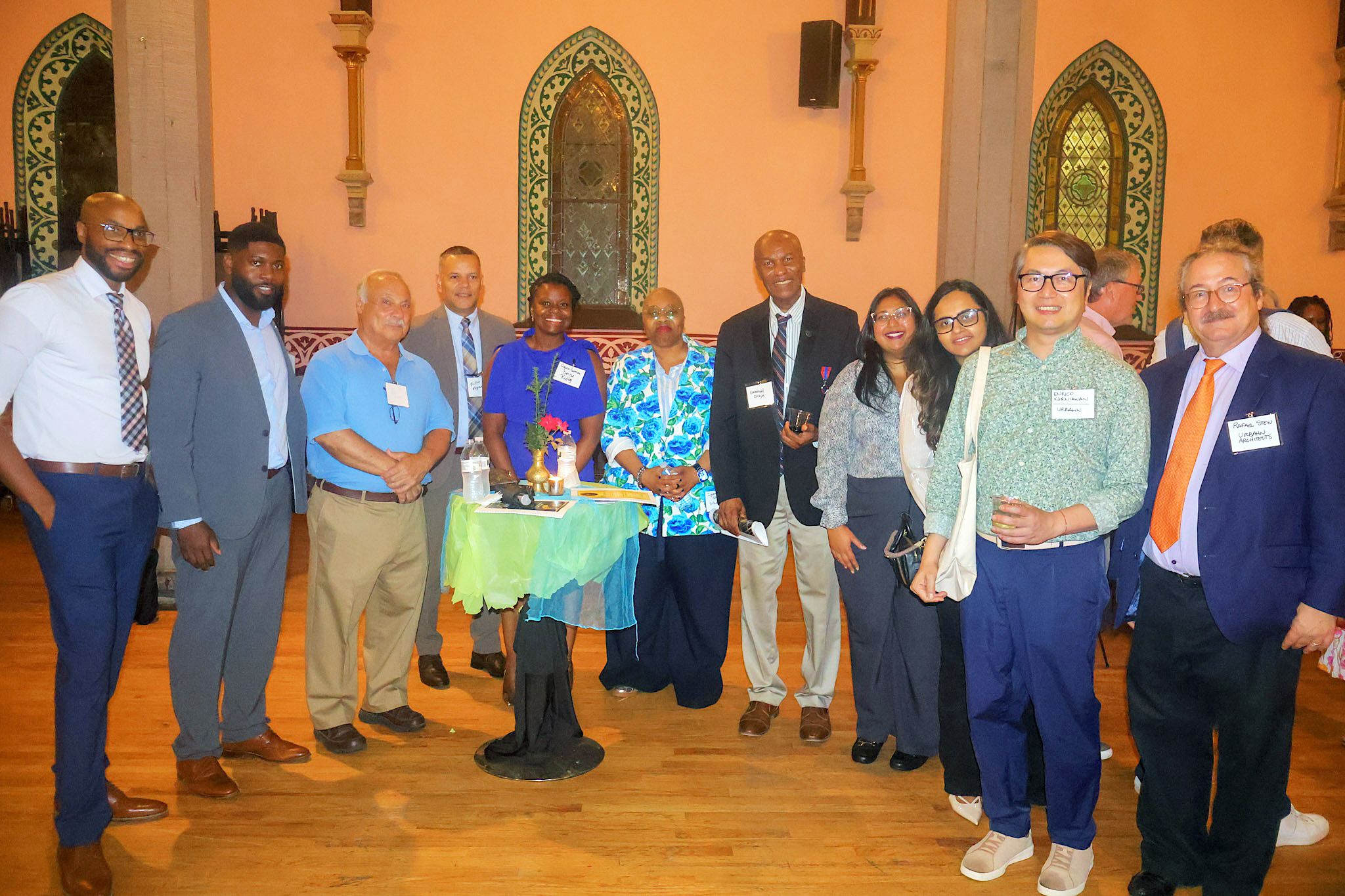The majority of individuals only consider glasses or contact lenses as the only possible options for visual issues. However, though these tools fix refractive errors, such as farsightedness or shortsightedness, they do not fix functional vision problems, issues with eye movement, tracking, teaming, and focus.
Vision therapy is a tailor-made regimen of visual exercises, usually administered under the direction of a trained optometrist, which assists in re-training the brain and eyes to cooperate more effectively with each other. It is like physical therapy, except it is your visual system.
More patients in Toronto are actually learning about the value of vision therapy to address common and more complex visual problems, especially when eyewear is not sufficient to do so.
Who Can Benefit from Vision Therapy?
Vision therapy may be used by persons of any age, although it is particularly useful in:
- Children struggling with reading or learning
Even some children whose vision scores are normal have difficulties such as omitting words when reading, poor attention span, or headaches. These can be a result of visual processing disorders that cannot be detected during the routine eye examination.
- Patients with binocular vision problems
Eye problems such as strabismus (eye turn) or amblyopia (lazy eye) are usually treated through therapy and therefore may not require surgical intervention.
- Adults with visual fatigue
Convergence insufficiency and digital eye strain, which are disorders that can be treated with vision therapy, can happen due to prolonged screen time, typically in office and remote work.
- Individuals recovering from concussions or brain injuries
Visual coordination may be broken by traumatic brain injuries. The treatment that is given after injury is aimed at getting back balance, depth perception, and eye tracking.
Common Conditions Treated with Vision Therapy
Most non-refractive vision disorders that are treated by Toronto optometrists who provide vision therapy include:
- Convergence Insufficiency
The inability to hold both eyes focused on a close-up task results in double vision or eye strain.
- Eye Tracking Disorders
Difficulty in tracking objects in motion, sports performance, or fluent reading.
Visual Processing Delays
Difficulties in the interpretation or reaction to visual data, which usually occur in children with ADHD or learning difficulties.
- Strabismus and Amblyopia
Eye coordination problems, which can be addressed or improved with therapy, along with other therapies such as patching or glasses.
- Accommodative Dysfunction
Difficulty in concentration between the near and far distances, a difficulty that increases with age or exposure to the screen.
What to Expect from Vision Therapy in Toronto
Your career usually starts with the basic functional vision exam- a thorough examination way beyond the reading of letters on a piece of paper. The optometrist checks your eye movements, depth perception, focusing ability, and the coordination of your eye movements.
After the identification of the particular problems, an individualized therapy regimen is developed. This may include:
- Office visits with a vision therapist (typically 60 to 30 minutes, once or twice a week)
- Home exercises with the help of software or physical appliances.
- Progress reviews to assess progress and correct methods.
The full program may take weeks or even months, based on the seriousness of the condition and how the individual reacts to the treatment. Long-term success is about consistency and patience.
Technology and Tools Used in Vision Therapy
The traditional methods are combined with high-tech instruments to improve the results of vision therapy clinics in Toronto. These include:
- Training in virtual reality to create visual tasks of a realistic environment.
- Eye tracking, focus shifting, and visual memory enhancement exercises using computers.
- Prism lenses and filters to aid in spatial orientation and coordination.
- Saccadic training resource to increase reading fluency and reading comprehension.
Inclinics such as Tonic Eyecare, highly developed diagnostic instruments help to guarantee the accurate interpretation of individual visual systems in patients.
Why Choose Vision Therapy in Toronto?
Toronto has a diverse and expanding population and has various clinics that provide evidence-based and customized vision therapy. To be able to provide a holistic approach to care, these providers frequently cooperate with pediatricians, occupational therapists, and neurologists.
As the local clinic is selected, you will have access to:
- In the office, hands-on therapy appointments are regularly scheduled.
- The assistance of certified optometrists and trained therapists.
- In addition to your wider healthcare team.
- Local school and workplaces needs awareness on the part of the community.
During the search for Vision Therapy Toronto, one has to select a clinic that focuses on functional vision and experience within a wide range of age groups, including both children and seniors.
Case Study: A Child’s Journey from Struggle to Success
A Toronto student of 8 years was referred to vision therapy by teachers after having been raised with concerns several times. He had very strong verbal skills, but had difficulty with reading comprehension and lost track of the page. Complete eye examination revealed normal vision of 20/20; however, functional examination revealed convergence insufficiency and poor saccadic tracking.
The child improved steadily in a period of more than six months, undergoing vision therapy. He was able to read a lot faster; half the time was spent on homework, and he felt confident. Such stories underscore the advantages of viewing training that cannot be had through glasses, simply because focused training is useful in real life.
How to Know if Vision Therapy is Right for You or Your Child
Although a normal eye test would be used to determine the clarity of sight, it might fail to determine the ability of your eyes to perform under pressure and carry out intricate tasks. You or your child may need to consider vision therapy if any of the following occur:
- Strain or fatigue of the eyes, particularly following reading or watching a screen.
- Eye-centered headaches.
- Inability to concentrate or stay focused.
- Reading words backwards or losing track.
- Blindness or blurred vision.
- Lack of depth perception or lack of coordination.
A program is judged to be suitable or otherwise by evaluating its suitability for you by an optometrist based in Toronto who specializes in vision therapy.
Conclusion: Investing in Visual Wellness
Having good vision means more than 20/20 vision; it is clarity, comfort, and control. As the expectations of living in the modern world increase, the problems with functional vision are more widespread than one might believe. Luckily, vision therapy is a non-invasive approach to treatment that is personalized to enhance your visual system in life.
You are in GTA and want to see what the possibilities are, then Vision Therapy Toronto programs, such as those offered by Tonic Eyecar, can help you or your child excel in both eyesight and academics.











